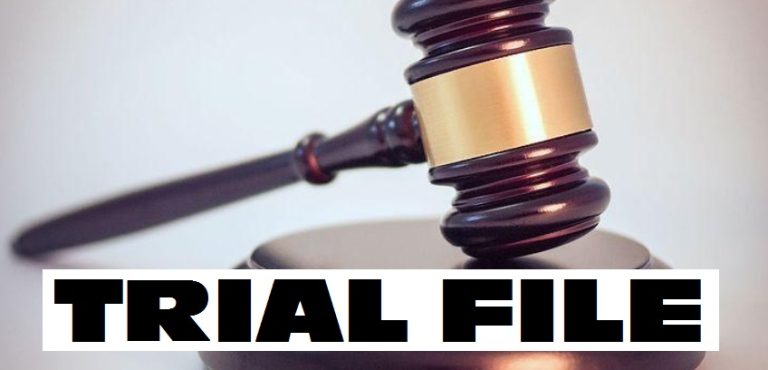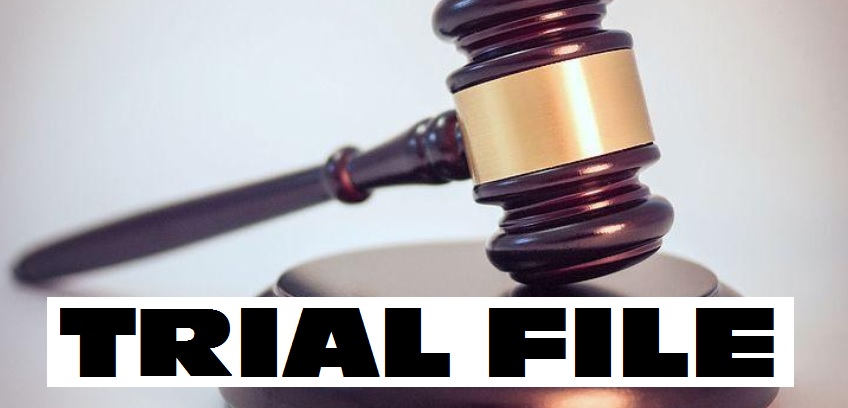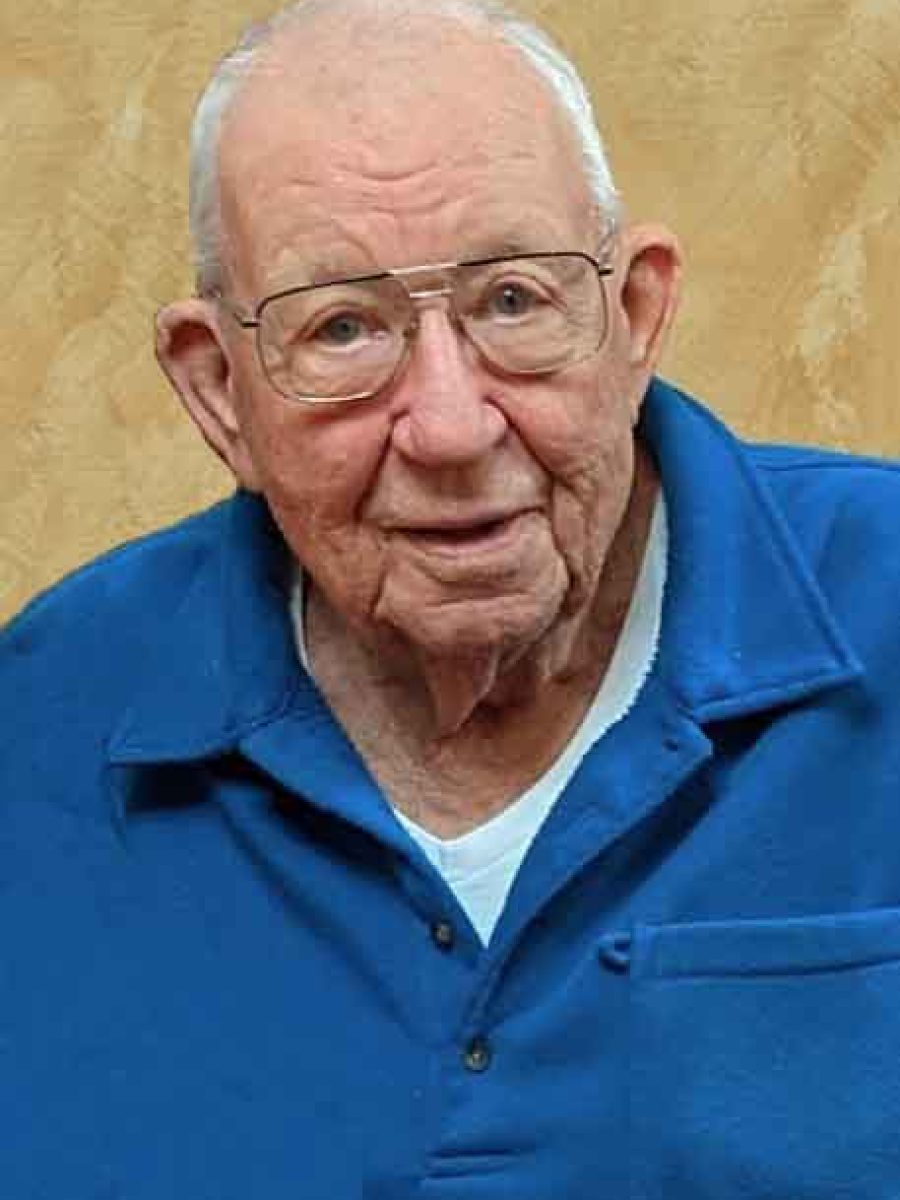RAPID CITY, SD – As summer approaches, two forces of nature are on a collision course and wildland firefighters will be caught in the middle. New research suggests that the smoke firefighters breathe on the front lines of wildfires is putting them at greater risk from the new coronavirus.
At the same time, firefighting conditions make precautions such as social distancing and hand-washing difficult, increasing the chance that, once the virus enters a fire camp, it could quickly spread. Jay Esperance is the Division Director and Wildland Fire Coordinator for South Dakota.
“We have a document that all state wildland fire employees are to follow,” he shares. “Different states have different rules so documents like this help us understand what it is expected when we go to certain areas to fight fires.” He adds, “We’re trying to get on the same page with all the different firefighting groups that are out there; U.S. Forest Service, Bureau of Land Management, Bureau of Indian Affairs, volunteer firefighters.”
Esperance talks about some of the preventive measures in place in South Dakota. “The first approach is to aggressively work to knock out fires before they become big fires. That requires more money and other resources up front but it can make a difference in terms of being able to avoid the need for bigger crews for longer periods of time.”
He continues, “We do have plans for larger fires that include separating crews to specific areas, who have to be self- sustaining for the first 72 hours. This will limit co-mingling. Instead of having briefings in large rooms or auditoriums, we’ll communicate through radio. More vehicles will be used to transport fewer firefighters per vehicle to sites and those firefighters will use the same vehicle throughout the course of the incident.”
Not all states are approaching every aspect of COVID 19 infection management the same way. For example, Alaska requires quarantining and temperature checks. South Dakota is working on social distancing which Esperance says is a challenge. “Large fires are especially challenging. As firefighters we come up with best management practices but it’s still ingrained to rush in. We continue to work on what is a whole new world out here.”
Esperance says that the best practice handbook is a fluid document in that changes can be made along the way. His agency is watching and learning from other parts of the country that are currently fighting wildfires.
“I can tell you we are way ahead of the game with firefighters. Policies have been in place for eight weeks now. We are in touch daily and weekly with all partners across the state and region. We are working very, very closely together.”
The most important thing he says is safety – for firefighters and the public. “Our number one priority is the safety of our firefighters and the public who we serve. That remains the same,” while adding, “but we are in a time that requires a whole new way of looking at things.”












